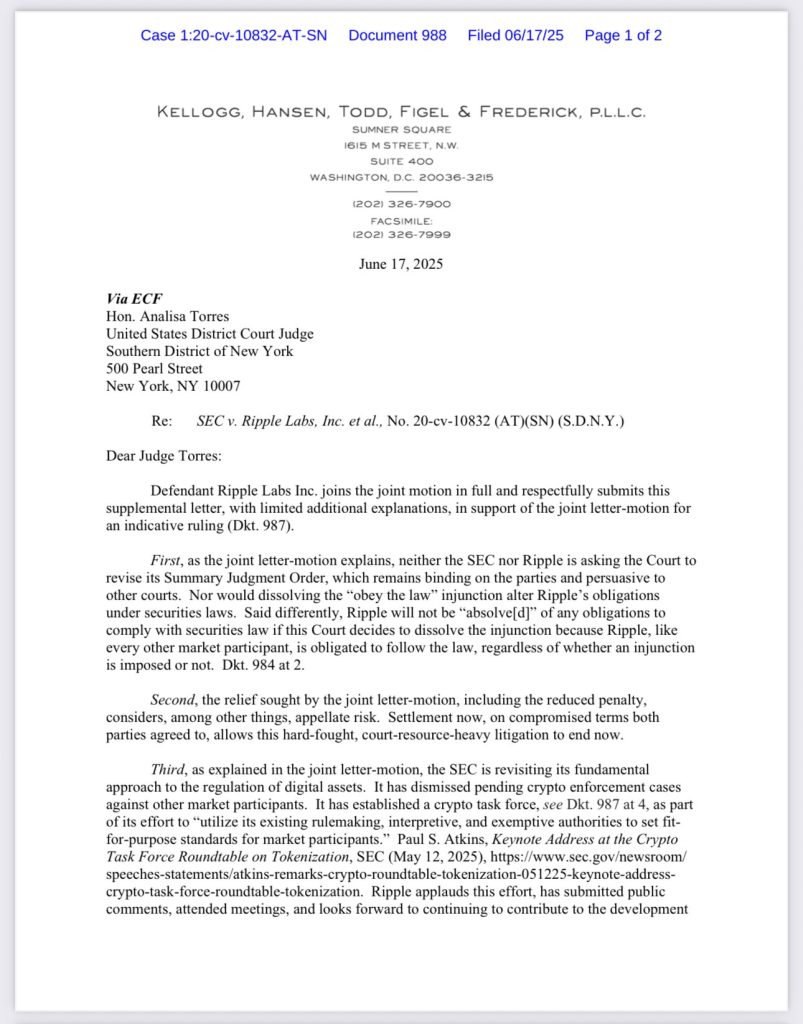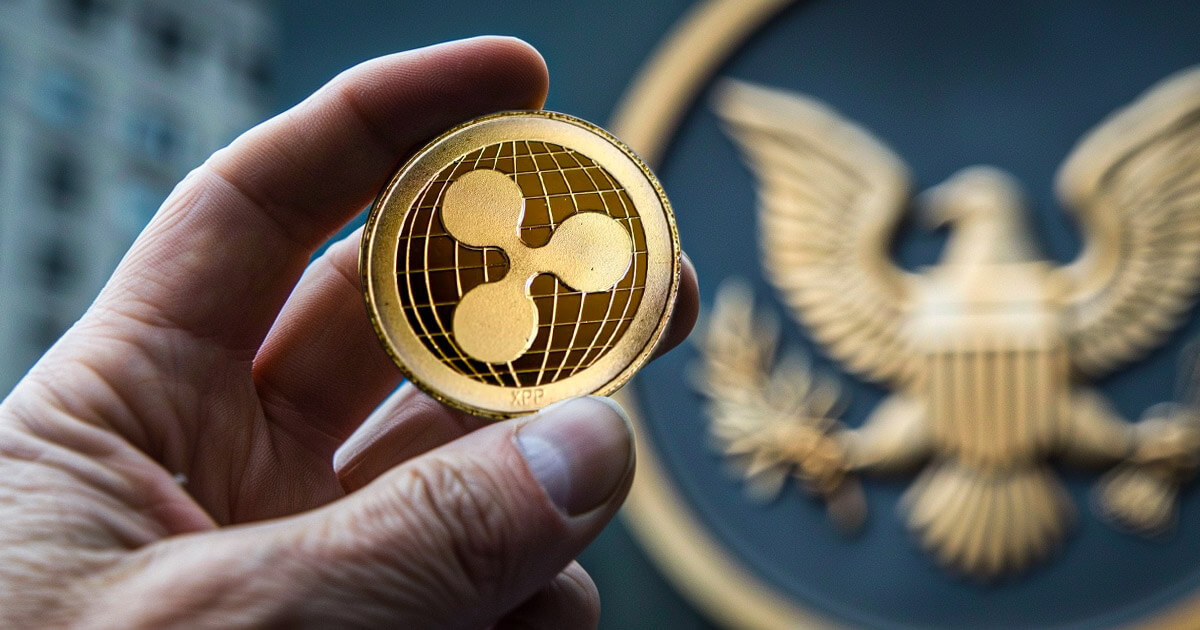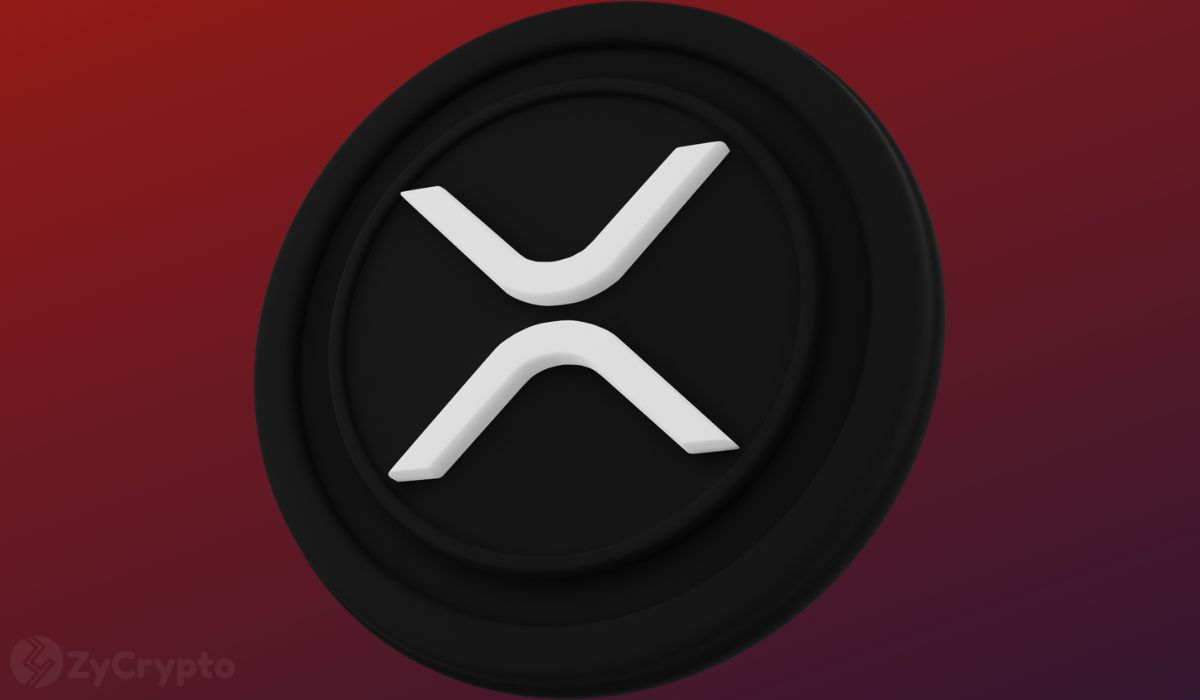
2024-11-4 15:01 |
The ongoing legal conflict between Ripple Labs and the US Securities and Exchange Commission (SEC) continues to spark debate, with a $125 million fine levied against Ripple over alleged unregistered securities sales.
Ripple recently appealed aspects of Judge Torres’s ruling, which categorised some XRP sales as unregistered securities, leading to questions over the SEC’s regulatory approach and potential impact on the broader digital asset sector.
Ripple contends that the ruling misinterpreted the Howey test—a critical regulatory standard—and overlooked the regulatory ambiguities facing digital currencies.
Where will Ripple’s $125 million penalty go?Ripple’s penalty has raised questions regarding the ultimate beneficiary of these fines.
Many believe the SEC’s funding relies on penalties and question whether such enforcement actions serve regulatory or financial motivations.
Contrary to some assumptions, fines collected by the SEC are not directed back into the agency’s budget but are distributed elsewhere, including the Treasury, whistleblower programmes, and affected investors.
Former SEC lawyer Marc Fagel clarified that funds from Ripple’s fine would likely be allocated to institutional investors or, absent actual losses, the US Treasury.
Marc Fagel@Marc_Fagel·FollowReplying to @szv6y0As the SEC won the part of the case involving institutional sales, the money would go to institutional investors. However, as the court found no actual investor losses, that money will go to the Treasury.
4:42 am · 4 Nov 20240ReplyCopy linkRead more on Twitter How Ripple’s appeal challenges SEC’s approachRipple’s recent appeal centres around the Howey test, a legal standard used to determine whether a transaction qualifies as a security.
Ripple argues that the court’s interpretation was flawed, stating that the ruling failed to account for the uncertain regulatory environment for digital assets.
This ambiguity has affected multiple cryptocurrency firms as they face similar regulatory actions from the SEC, sparking debate over whether current regulations can adequately address the complexities of digital assets.
Critics argue that fines have become a predictable expense for some companies, with penalties seen as part of doing business rather than a true deterrent.
Some companies allegedly budget for potential SEC fines, which critics say undermines the intended regulatory impact.
This raises concerns that the SEC may inadvertently foster a culture of compliance through penalties alone, leaving fundamental issues unresolved.
Potential Treasury impact from Ripple’s penaltyWith the absence of proven losses for retail investors, it is likely that the Treasury will receive a substantial portion of Ripple’s $125 million penalty.
In the case of Ripple, funds might be distributed to institutional investors affected by the company’s institutional sales, yet remaining funds—especially where there is no demonstrated harm—will default to the Treasury.
This outcome underscores how fines serve a broader public function, providing financial restitution where possible but ultimately reinforcing government resources.
SEC’s regulatory challenges in digital asset sectorThe Ripple case reflects the broader challenge the SEC faces in regulating digital assets under current securities laws.
As the digital asset market evolves, companies in the sector argue that a clear, updated regulatory framework is necessary.
Ripple’s challenge to the ruling on the basis of regulatory uncertainty could push US regulators to consider tailored guidelines for digital assets, potentially reducing reliance on penalties as the primary regulatory tool.
Ripple’s appeal and the SEC’s stringent regulatory stance will continue to shape the cryptocurrency landscape.
This high-stakes case might influence how digital assets are treated under US law, with long-term implications for both Ripple and the broader market.
A successful appeal could set a precedent for other companies challenging the SEC’s approach, while a loss could solidify the agency’s authority over digital assets, potentially spurring further fines and litigation.
The post Why Ripple’s $125 million fine won’t go to the SEC, despite XRP lawsuit appeared first on Invezz
origin »Bitcoin price in Telegram @btc_price_every_hour
Ripple (XRP) на Currencies.ru
|
|










